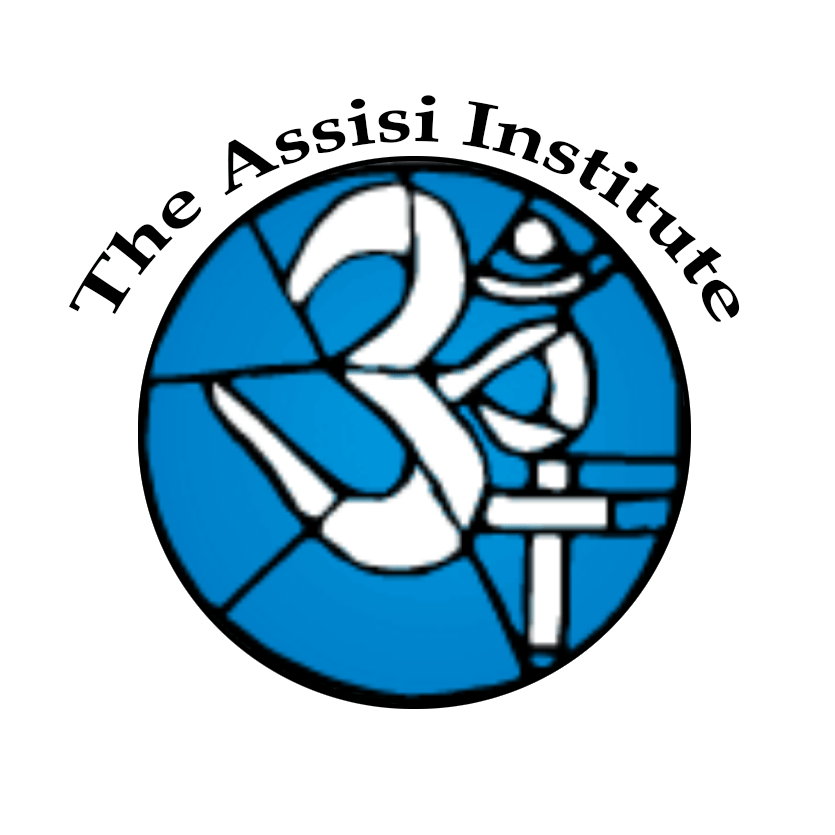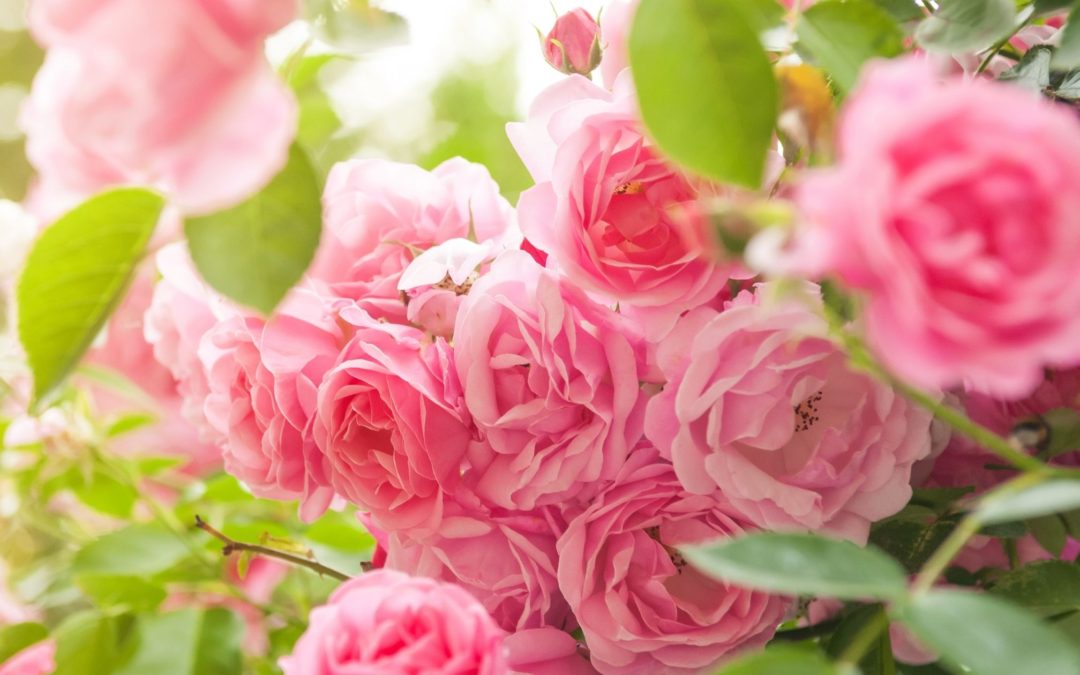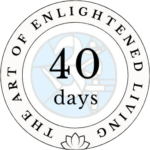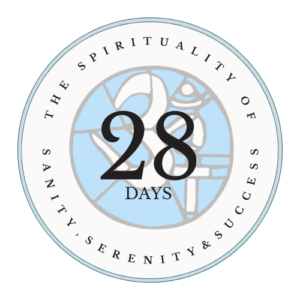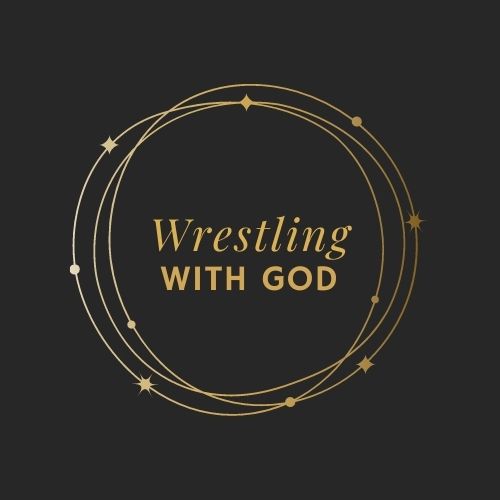Rightly understood, beauty is a transformative force which saves us from the quicksand of a mundane existence and takes us out of the reactive mind. Beauty expands our minds and opens our hearts; it dissolves meanness. As the antidote to despair and cynicism, beauty humanizes us and brings joy into our lives. What breath is to the body, beauty is to the human spirit. Without beauty we forget how to pray, and if we forget to pray, we forget how to love. Beauty is sustenance for the soul, manna from heaven. There can be existence without beauty, but no life. For example, science can analyze a rose and tell us all about its DNA, but it cannot explain the experience of beauty that a rose can give to us. In fact, science cannot really explain the experience of beauty at all, because beauty is transcendent; it comes to us as as gift and grace, arising from mystery out of the very womb of God. God is beauty and beauty is God. I once met a Rabbi who impressed me greatly. When I asked him what were the truths of Judaism that gave him such a sense of aliveness, he replied, “It’s not the truths of Judaism that sustain me and give me life; it is all about the beauty inherent in Judaism.” If religious people thought, spoke, and acted with beauty, there would be far fewer atheists in the world. Jordan Peterson writes, [Matthew 4:4 tells us] “‘Man shall not live by bread alone.’ We live by beauty. We live by literature. We live by art. We cannot live without some connection to the divine—and beauty is divine—because in its absence life is too short, too dismal, and too tragic.”
Divine Mother,
Remind me:
I must nourish my soul and spirit
With the gift of beauty.
